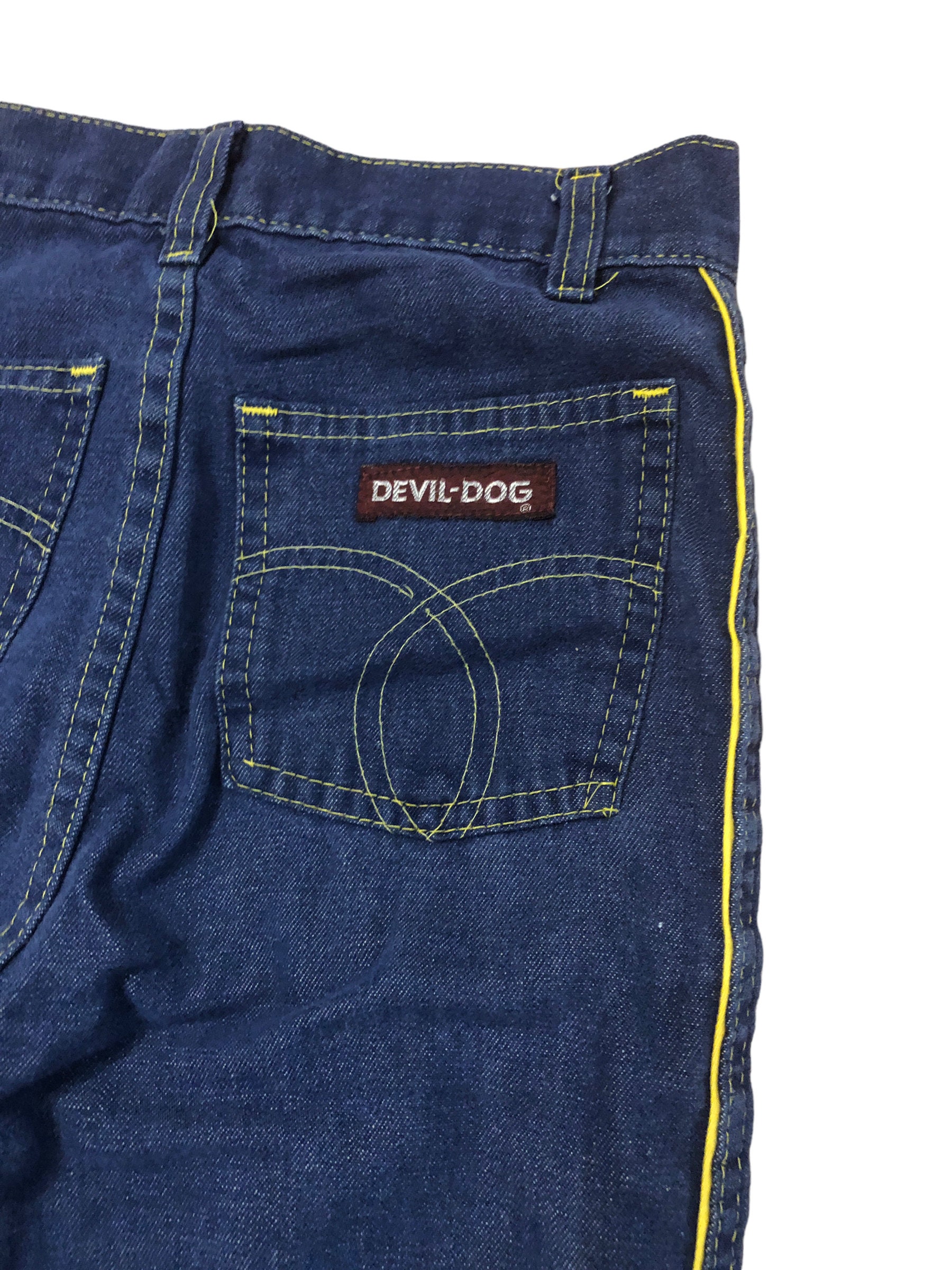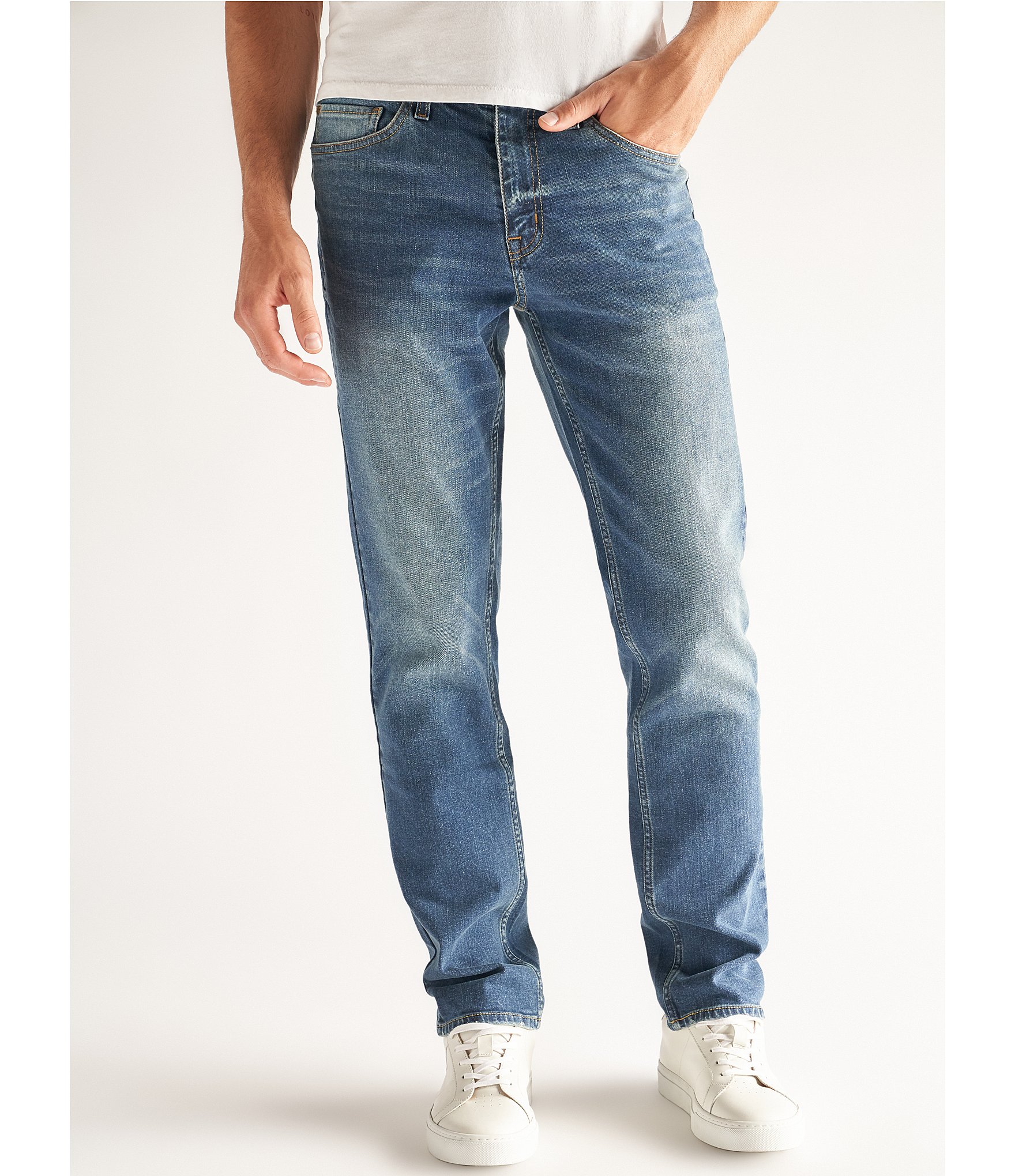Introduction
In the realm of denim enthusiasts, Devil Dog Jeans has carved out a distinctive niche, celebrated for its impeccable craftsmanship, innovative designs, and the unique character each pair embodies. However, as the brand’s popularity soars, so does the proliferation of counterfeit products, threatening not only the integrity of the brand but also posing significant challenges to consumers, the fashion industry, and the global economy at large. This in-depth exploration delves into the complex web of the counterfeit culture surrounding Devil Dog Jeans and uncovers the far-reaching implications of this illicit trade.
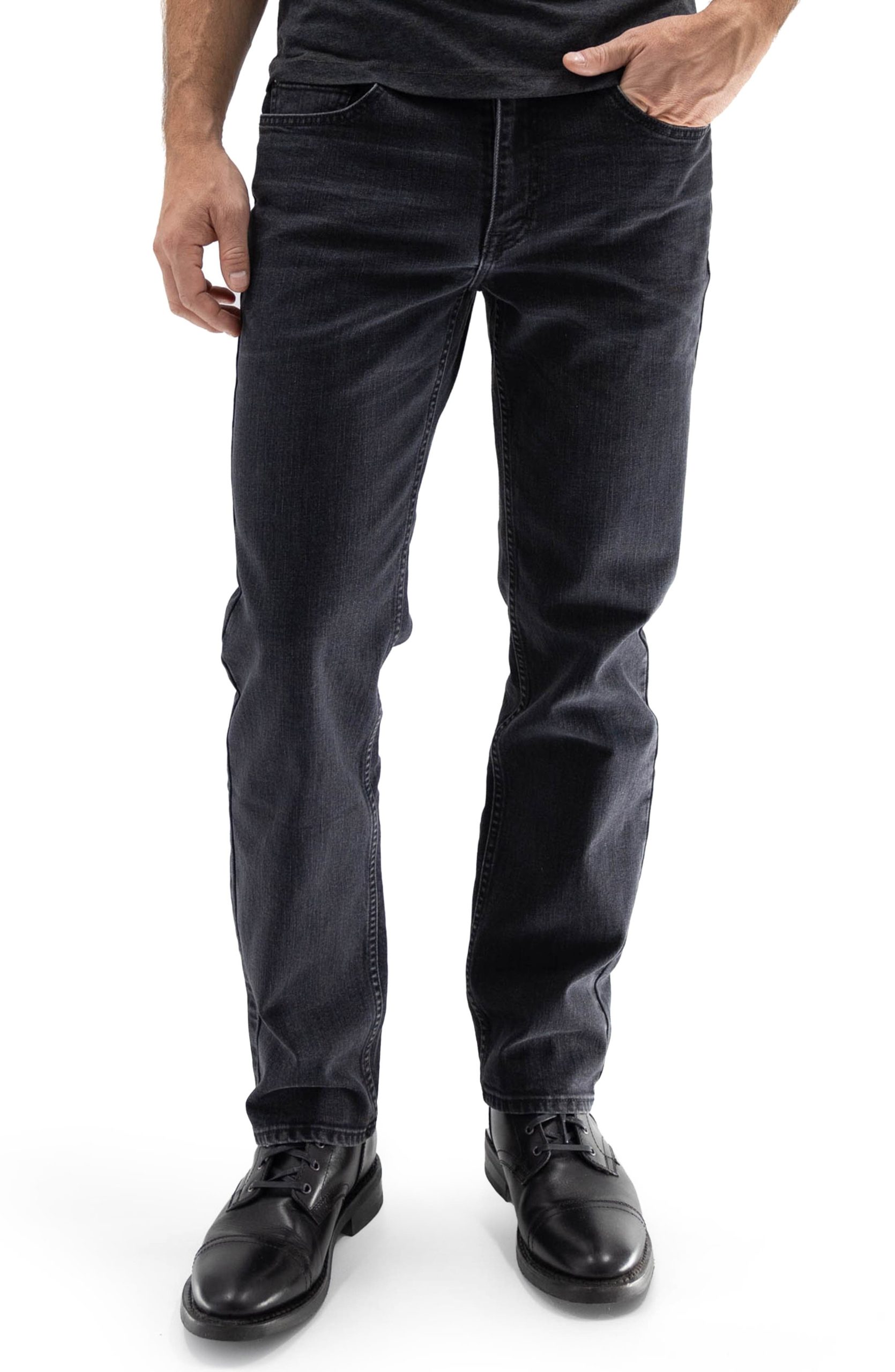
The Allure of Authenticity vs. the Temptation of Fakes
At the heart of the matter lies the timeless allure of owning a piece of luxury, symbolized by the authentic Devil Dog Jeans. Each pair is meticulously crafted, using high-quality materials and techniques that ensure durability and comfort while embracing the brand’s distinct aesthetic. Consumers are drawn to the exclusivity and prestige associated with wearing a genuine article. However, the steep price tags attached to these premium jeans have fueled a parallel market—counterfeits that mimic the look but lack the substance and soul of the real deal.
The Dark Side of Counterfeit Trade
The counterfeit industry operates in shadows, often involving organized crime networks that profit from illegal activities. By purchasing fake Devil Dog Jeans, consumers inadvertently fund criminal activities ranging from human trafficking to money laundering. These operations exploit labor, with workers subjected to unsafe conditions and minimal pay, starkly contrasting the ethical practices upheld by the genuine brand.
Quality and Health Concerns
One of the most pressing issues with counterfeit Devil Dog Jeans lies in the subpar materials and production methods used. These knock-offs can contain harmful chemicals like excessive amounts of lead, azo dyes, and phthalates, posing serious health risks to consumers. Skin irritations, allergies, and even long-term health effects are not uncommon. In contrast, authentic jeans adhere to strict safety regulations, ensuring that wearers are protected.
Economic and Brand Damage
The economic impact of counterfeits is staggering. Legitimate businesses, like Devil Dog Jeans, suffer revenue losses, impacting their ability to invest in innovation and growth. Moreover, jobs are lost as legitimate manufacturers struggle to compete with the influx of cheaper, illegally produced alternatives. For the consumer, while the upfront cost of a fake might seem appealing, the lack of durability and inferior quality mean frequent replacements, ultimately costing more in the long run.
Combating the Counterfeit Epidemic
To combat this issue, Devil Dog Jeans and other reputable brands have implemented various strategies. Advanced authentication technologies, such as holographic labels and QR codes, make it easier for consumers to verify the authenticity of their purchase. Collaborating with law enforcement agencies and lobbying for stricter intellectual property laws are also crucial steps. Educating consumers about the perils of counterfeits and promoting the value of investing in authentic products plays a pivotal role in shifting consumer behavior.
The Role of Consumers in Driving Change
Ultimately, consumers hold the power to shape the market. By prioritizing authenticity over affordability, shoppers can contribute to a healthier, more sustainable fashion ecosystem. It’s about recognizing the true cost of a bargain and understanding that every purchase is a vote for the kind of world we want to live in. Through conscious consumption, we can preserve the artistry, innovation, and ethical standards that define brands like Devil Dog Jeans.
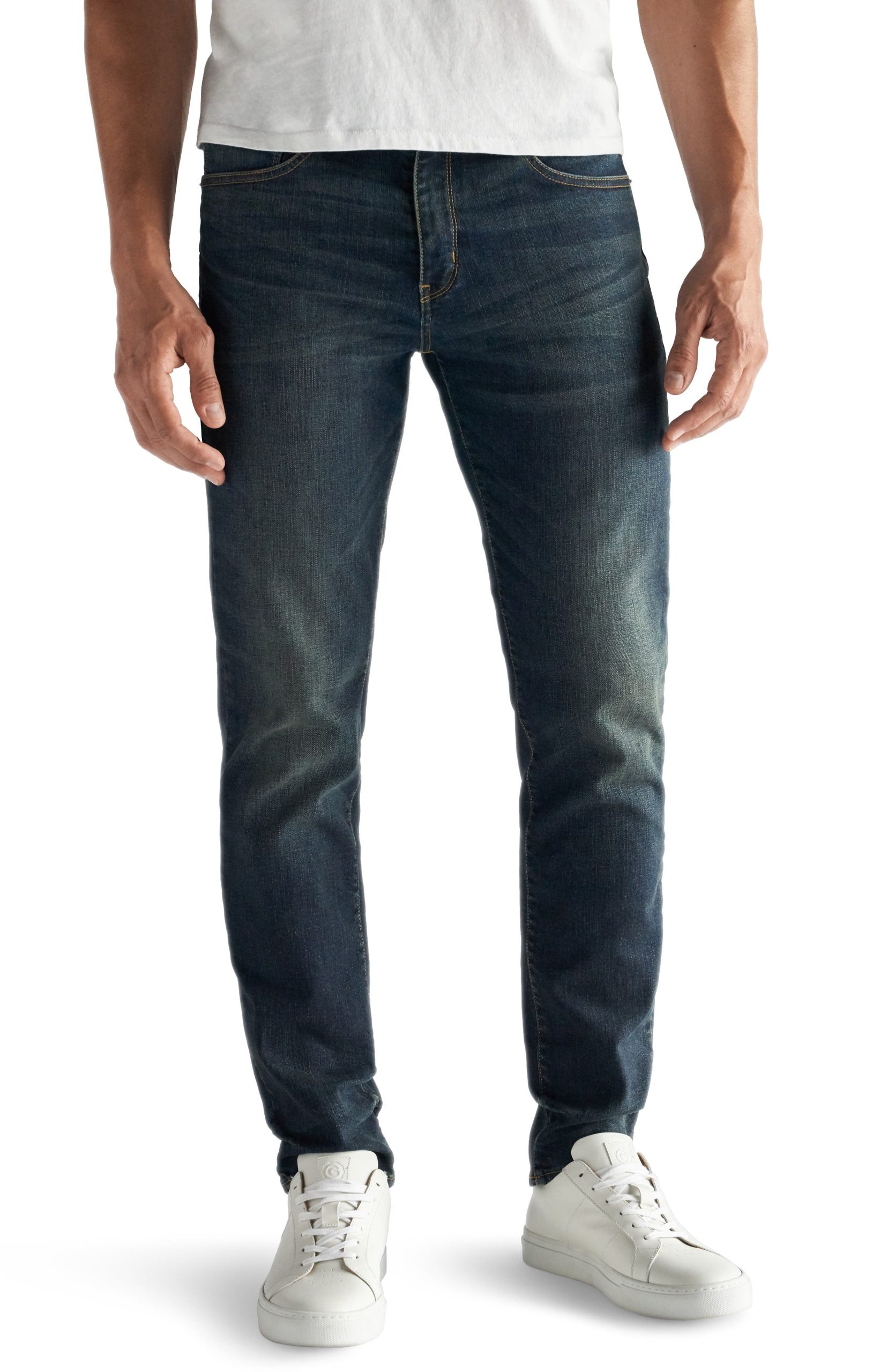
The Psychological Impact on Consumers
Beyond the tangible economic and health consequences, the proliferation of counterfeit Devil Dog Jeans also takes a psychological toll on consumers. Purchasing a fake, even unknowingly, can lead to feelings of disappointment, betrayal, and a loss of trust. Consumers who believed they were investing in a product synonymous with quality and status find themselves disillusioned when the item fails to meet expectations. This erosion of trust not only affects the relationship between the customer and the brand but can also extend to the broader fashion industry, where skepticism about authenticity becomes pervasive.
Social Stigma and the Perception of Luxury
In the realm of fashion, wearing luxury items like Devil Dog Jeans often carries social cachet. However, the rise of counterfeits has complicated this dynamic. There’s now a stigma associated with owning or being seen in fake goods, as it can be interpreted as supporting illegal activities or lacking an appreciation for genuine craftsmanship. This stigma can result in social embarrassment and a decrease in perceived social status, further highlighting the importance of distinguishing between authentic and imitation products.
The digital age has exacerbated the problem, with e-commerce platforms and social media becoming hotbeds for the sale of counterfeit Devil Dog Jeans. Unscrupulous sellers take advantage of the anonymity and reach of online marketplaces to peddle their fake goods. As a result, consumers must navigate a minefield of misleading product listings and deceptive marketing tactics. Brands and platforms are responding with enhanced verification processes, AI-powered image recognition software, and stricter seller policies, but the battle against online fakes remains an ongoing challenge.

Innovative Solutions: Blockchain and Transparency
Innovative technologies like blockchain are being explored as a potential solution to combat counterfeiting. By creating an immutable record of a product’s journey from the factory to the consumer, blockchain technology can provide unparalleled transparency, allowing buyers to verify the authenticity of their Devil Dog Jeans with certainty. This not only protects consumers but also bolsters brand integrity and fosters trust in an increasingly skeptical marketplace.
Sustainability and Ethical Fashion
The counterfeit industry, with its disregard for environmental regulations and labor rights, stands in stark contrast to the growing movement towards sustainability and ethical fashion. Devil Dog Jeans, like many reputable brands, invests in sustainable materials, fair-trade practices, and reducing its carbon footprint. Counterfeit products undermine these efforts, perpetuating a cycle of exploitation and environmental degradation. By choosing authentic, responsibly made garments, consumers can support a fashion industry that aligns with their values and contributes positively to society.
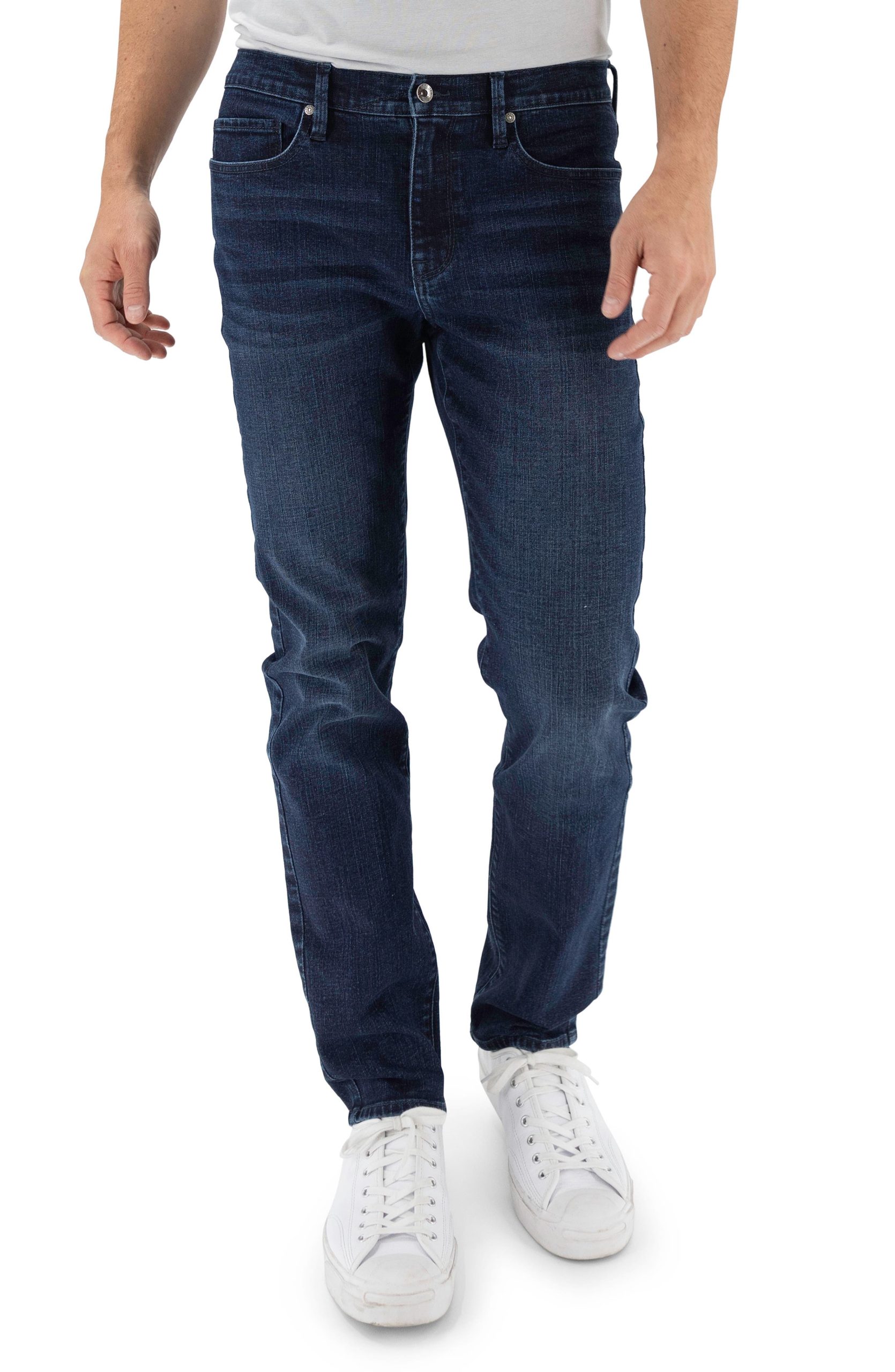
In conclusion
Unmasking the truth behind Devil Dog Jeans and the counterfeit culture it faces is a call to action for all stakeholders. By raising awareness, enforcing stricter regulations, and making informed choices, we can protect not just a brand, but the integrity of an entire industry and the well-being of individuals across the globe.
